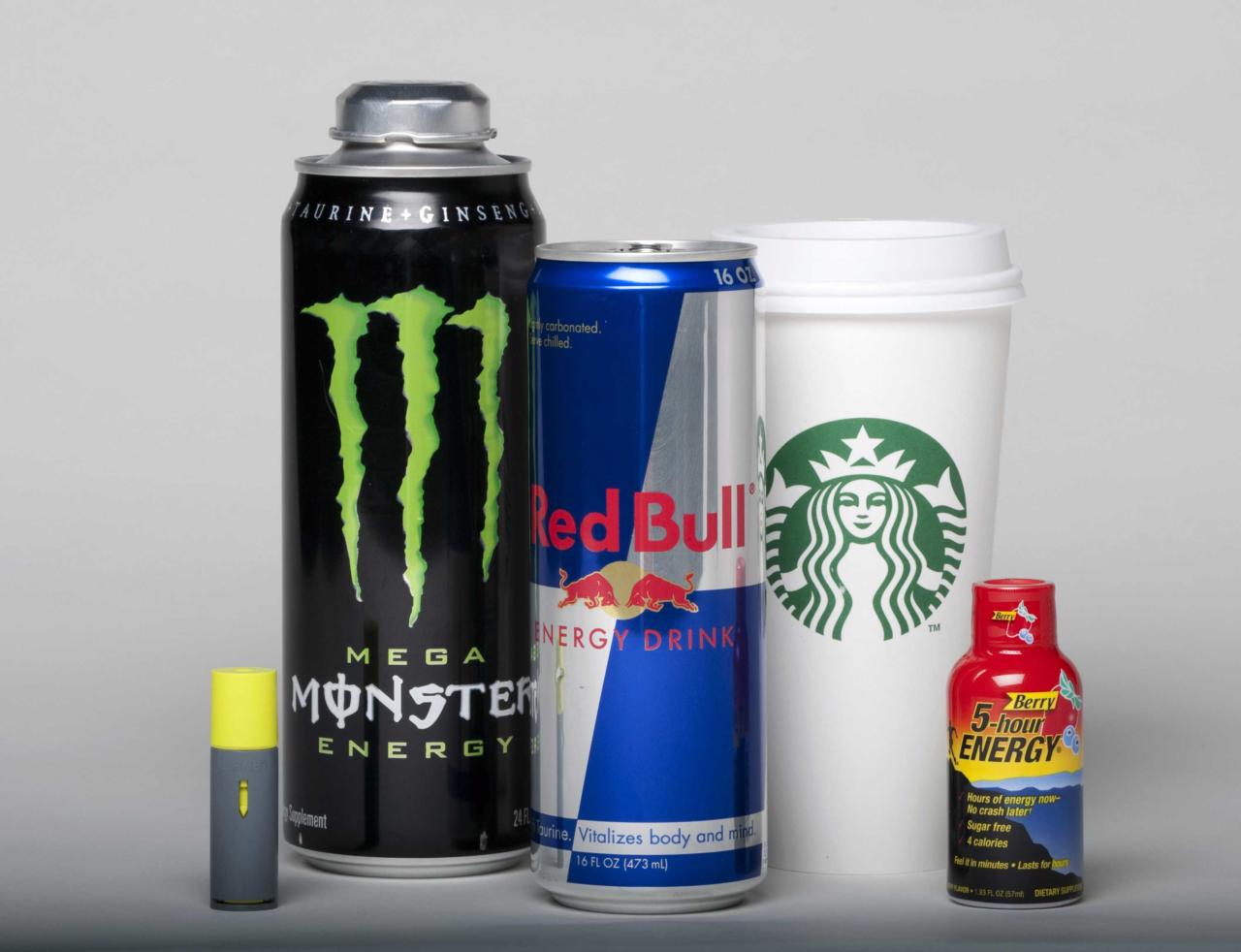How much you consume or do not eat during Ramadan has a significant impact on your energy levels. After fasting all day, the temptation to overeat and drink sweetened drinks during iftar and suhoor is strong, but you may be doing yourself a disservice.
Fasting during Ramadan can benefit one’s health, but only if done correctly. If you see a spread of tempting foods, it is critical to maintain self-control. Otherwise, it may do more harm than good.
Iftar and suhoor foods should be well-balanced and include foods from all food groups, such as veggies, cereals, meat, milk products, and fruit. Suhoor must be nutritious to get enough energy to last through the long hours of fasting.
While suhoor is essential, dietary habits during iftar should not be overlooked. These include sodium ions, which are lost through sweating, particularly in the summer. As a result, it is critical to breaking the fast with a balanced diet during Ramadan to ensure that your body’s essential nutritional needs are met.
Here are our recommendations for foods to avoid:
What to avoid during Iftar
1. Carbonated beverages:

Processed beverages with a lot of sugar are a no-no. They increase your chances of becoming obese and can cause bloating and gas, leading to indigestion. To quench your thirst, stick to regular water and coconut water.
2. High-sugar foods:

High-sugar foods, of course, should be avoided because they have little nutritional value and are high in calories.
3. Fried foods:

Greasy snacks, such as fried dumplings, samosas, pastries, and oily curries, should be avoided because they are high in fat. Eating fatty foods after a prolonged fast can cause acidity and indigestion.
What to avoid during Suhoor
1. Carbohydrates:

Pastries, doughnuts, and croissants provide only 3 to 4 hours of satisfaction and are low in vital nutrients.
2. Foods high in salt:

A sodium imbalance in your body causes extreme thirst while fasting, so avoid spiced nuts, chutneys, chips, and soy sauce foods.
3. Caffeinated beverages:

Tea and coffee can cause insomnia and agitation. Furthermore, rather than keeping your body hydrated, they keep you craving water throughout the day.






